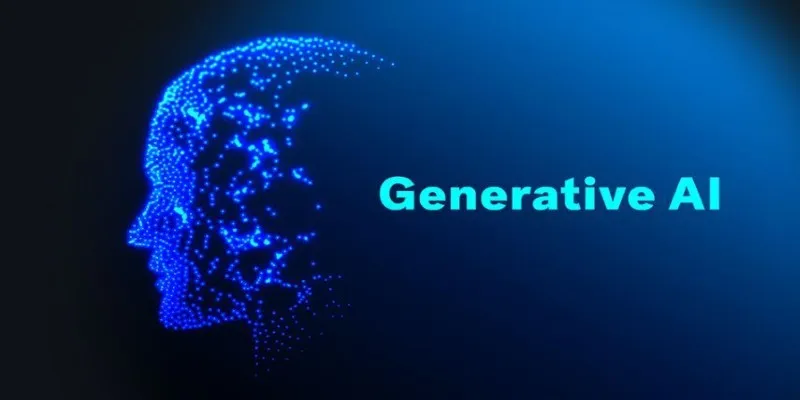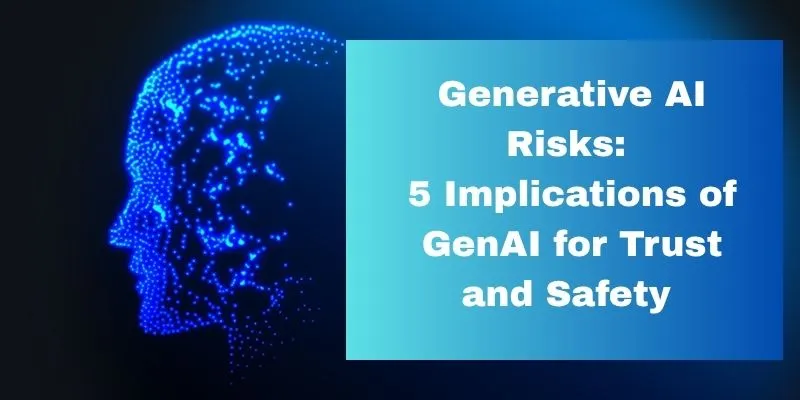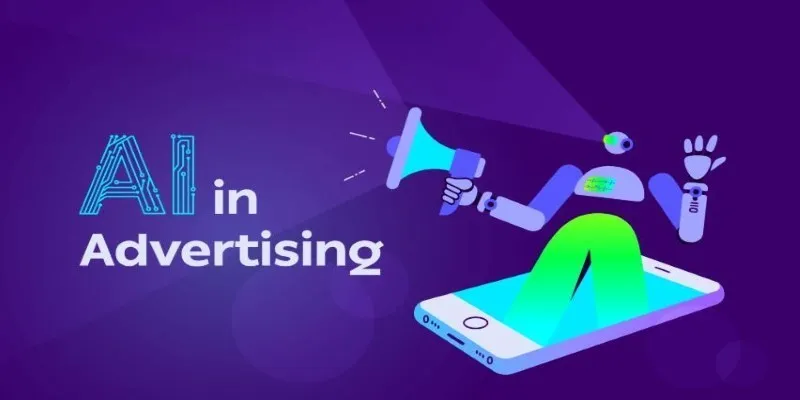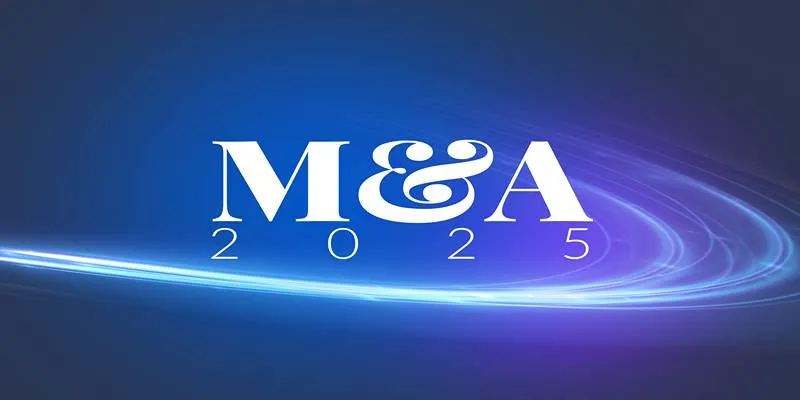Generative AI has swiftly transitioned from research labs to our daily lives, generating text, images, and even code with simple prompts. It’s revolutionizing how we work, learn, and create, yet its long-term effects remain largely uncertain. To address these uncertainties, the Massachusetts Institute of Technology (MIT) has launched the Generative AI Impact Consortium.
The Purpose of the Consortium
This initiative brings together experts, policymakers, educators, and industry leaders to explore how generative AI is reshaping society. Focusing on research, education, and public engagement, the consortium aims to understand the benefits, challenges, and responsible use of generative AI in the future.
A Collaborative Approach to AI
The Generative AI Impact Consortium serves as a collaborative space where technology meets human experience. MIT has created a platform where educators, economists, social scientists, and public agencies can contribute equally, ensuring that discussions about the future of generative AI are not left solely to developers and corporations. This balanced approach recognizes that technology affects more than just efficiency—it transforms cultures, workplaces, and individual expectations.
Generative AI is already drafting essays, designing graphics, and producing data simulations, each offering opportunities and risks. Central to the consortium’s mission is research that examines these in context. For instance, how do schools and workplaces adapt when creative tasks are automated? The consortium plans to collect data, analyze trends, and offer guidelines for organizations adopting generative AI. They will also publish findings and host seminars to aid decision-makers beyond the academic realm.
The Impact on Norms
Generative AI is challenging existing norms in education, work, and creative industries. In classrooms, AI tools can help students write papers or solve problems, prompting debates about authentic learning. In professional settings, AI can generate reports, draft ads, and compose music, raising concerns about originality and job stability.

The consortium aims to document these shifts. Questions of authorship and accountability arise when an AI-generated story wins a literary prize or an AI-driven campaign goes viral. MIT is poised to provide research-driven guidance on these ethical and legal challenges.
Educating and Shaping Policy
Improving public and policymakers’ understanding of generative AI is another consortium goal. Many people use AI tools daily—like writing assistants or chatbots—often unaware of the implications. MIT is committed to education, helping people make informed choices about AI usage.
The consortium will host workshops, create educational materials, and offer training to policymakers. Clear explanations and unbiased research will help shape laws and guidelines that protect users while fostering innovation. Public trust in technology hinges on transparency, which the consortium aims to support.
Future Research Directions
The MIT Generative AI Impact Consortium is just the beginning of efforts to monitor and respond to a rapidly evolving technology. As generative AI advances, its influence on industries and communities will grow. The consortium plans to adapt its research priorities to stay ahead of these changes and address emerging challenges.

Key areas of focus include equity and sustainability. Not all communities benefit equally from technological advances, and some may face job loss or lack access to new tools. The consortium will explore how to ensure benefits are shared more evenly and risks are minimized for vulnerable populations.
Additionally, the environmental cost of large AI models is a concern. Training and running these models require significant energy, raising sustainability questions. The consortium will investigate ways to make generative AI more resource-efficient without compromising its usefulness.
Conclusion
The MIT Generative AI Impact Consortium is a thoughtful response to one of today’s most influential technologies. By uniting voices from various disciplines, MIT is studying and guiding the impact of generative AI. Through research, education, and public engagement, the consortium aims to help people and institutions make wiser choices about living and working with AI. As generative AI becomes an integral part of daily life, this kind of informed study is both timely and necessary.
 zfn9
zfn9






















